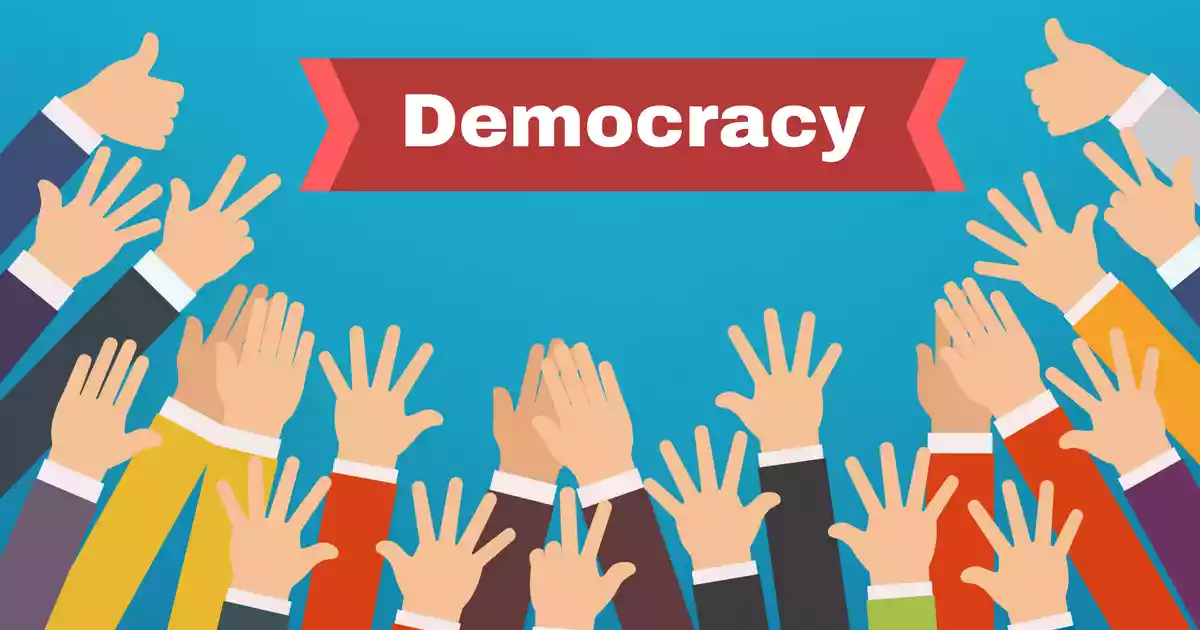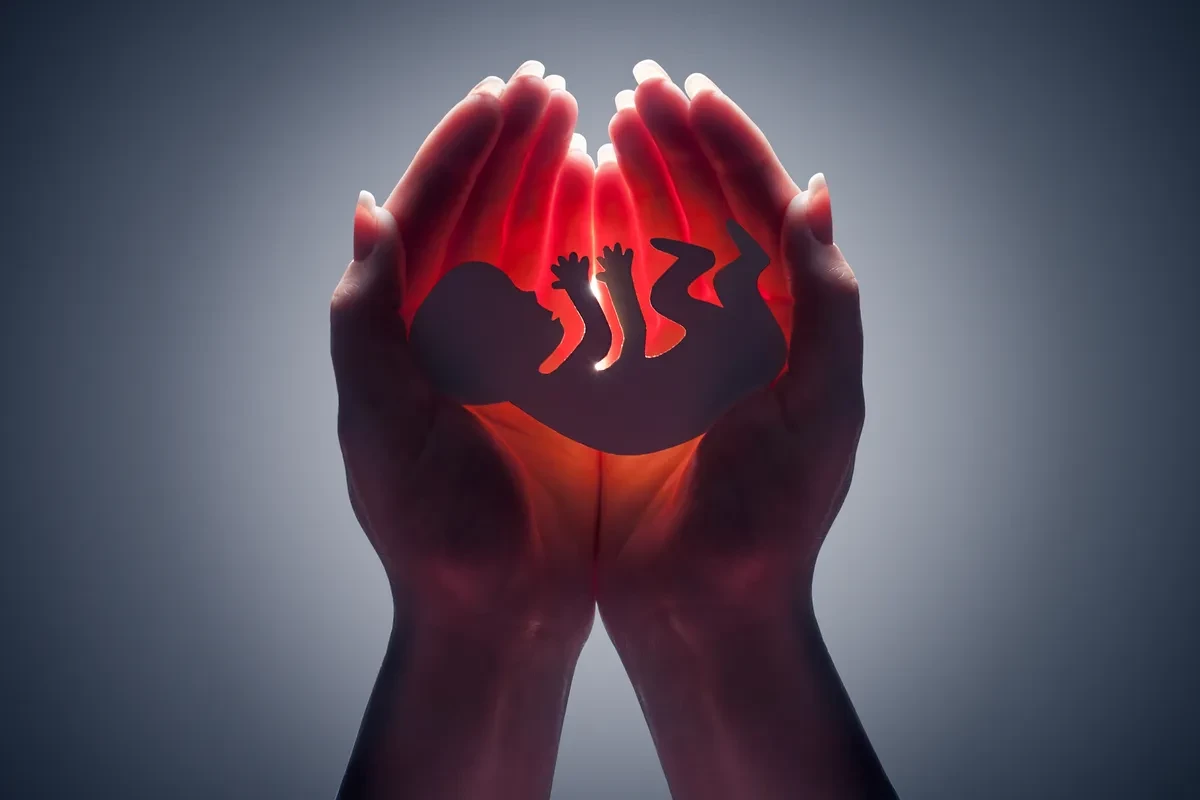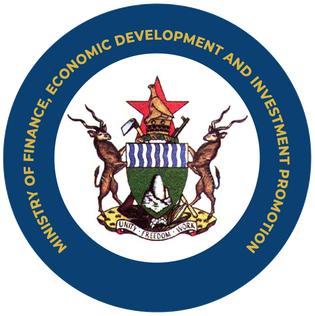
Political representation is at the core of democracy, equality and economic development for many societies. Central to the concept of political representation is the belief that all social groups must be present or at least be represented in public policy-making processes. The assumption is that to be present or represented is to be heard and thus influence decisions and policies. Policies are what inform what is to be done.
Political representation varies depending on contexts but in most situations, it tends to be consistent with a wide variety of views on what representing implies and what the duties of representatives are. In some cases, represention may mean acting on behalf of the citizens or specific social groups or sometimes it may mean acting according to what the representatives themselves adjudge as being in the best interests of the people or their own interests. Policy formulation and implementation are often the outcomes of these types of representation.
And representatives may be viewed as individuals who have been authorised to act on behalf of others and to advance their interests, or may alternatively be viewed as those who will be held to account by those they are representing. Political representation can happen along different units such as social groups and areas, and there are different types of representation such as substantive, symbolic and descriptive.
In the global political arena, there remains a question of why global representation by those from marginalised societies has not addressed the systemic global imbalances between powerful and poor countries. Is it that those who wield power have a deep-seated hatred for the formerly marginalised societies? Global imbalances, mainly on the economic front, are one of the reasons poverty continues to wreak havoc among former colonies. There is consensus among most policy-makers that global imbalances drive and perpetuate poverty, are a key global policy challenge, and are a threat to economic and political stability in the world.
But the world appears to have made advances, mainly with many dark-skinned people assuming leadership positions. Why are there no major changes in global policies to address the imbalances? Some scholars have argued that what the world has witnessed as the rise of people of colour in key leadership positions is merely symbolic with very limited power to address the systematic imbalances inherent in the organisations they lead. They further posit that their roles are limited to implementing policies and strategies that advance the interests and policies embedded in the systems.
Kofi Annan of Ghana was the first black African to hold the post of secretary-general of the United Nations (1997 to 2006). In the United States, Mr Barack Obama became the first black President of that country from 2009 to 2017, while in the United Kingdom today Mr Rishi Sunak, whose parents are of Indian descent, just became the first dark-skinned Prime Minister in October 2022. The mayor of London, Mr Sadiq Aman Khan is of Pakistan origin. This must represent change and yet it has cast doubt among many.
Why then have these achievements not addressed the global imbalances mainly the unfair trade relations between the north and the south? Addressing this question begins by understanding the difference between being appointed to implement and being elected to represent. The difference lies in that one has the power to execute and implement policy, while the other has the political power to influence policy positions and direction.
The examples above present the former with limited political power to influence major policy changes. Their role is limited to delivering on their mandates. Their performance is measured based on the terms of reference already prescribed to them by the appointing authorities who are also policymakers. Now on the public dashboard, it appears as if people of colour have had a chance to fix the imbalances in a context where there is a deficit of political power to help them do so.
- African mass food markets as bases for business identities
- African women in politics: Influence or just numbers?
- African women in politics: Influence or just numbers?
- Political representation alone is not enough to address global imbalances
Keep Reading
It is, thus, not enough to have people of colour in what looks like positions of power as a means to address global imbalances. Representation should be the first step towards influencing policies. And once the marginalised have access to policy spaces, then they exercise their full rights by expressing their views and ensuring that those views become part of policy and its implementation.
The challenge with former colonies is that, while they have access to the broader global governance policy spaces, their role is limited to attendance and acceptance or rejection of policy ideas. The real policy-formulating spaces are secluded and only occupied by superpowers who bring their ideas to the open space for endorsement.
The reason for this is simple. It is almost impossible to address imbalances without someone losing power and control of something. Western countries have been aware of this for many centuries and for that reason they present policy ideas that preserve their interests for former colonies to endorse so it looks like there is a global consensus. If a policy space is unable to meet your needs and interests, the only choices are to protest or form an alternative space which takes care of your interests.










